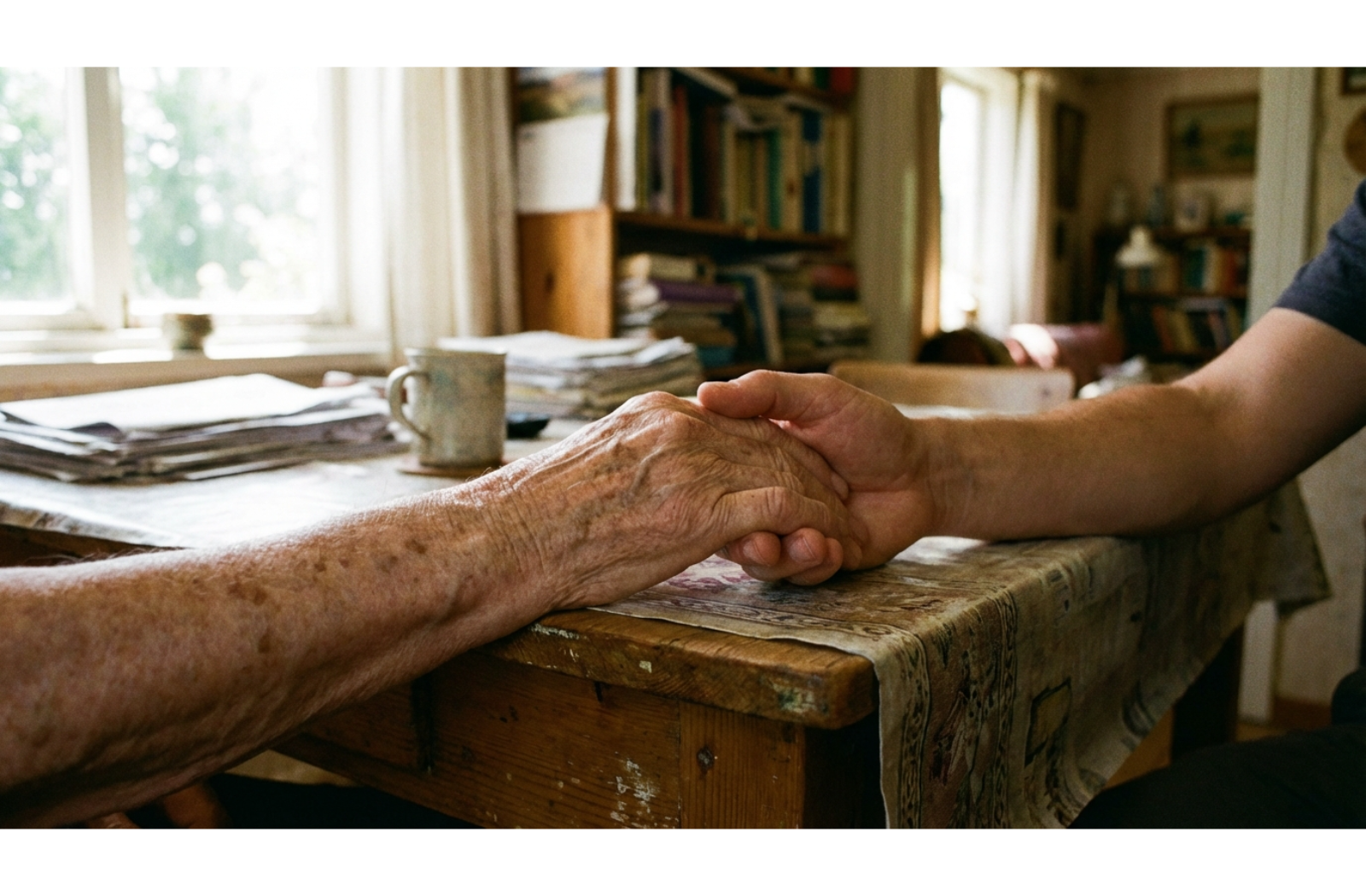When Assisted Living is Not Enough
- Posted on
- By Mira Vie Senior Living

Assisted living communities offer a safe and supportive environment for seniors who require help with daily activities like bathing, dressing, and medication management. These communities are designed to foster independence while also providing necessary support, thereby allowing residents to maintain their dignity and quality of life.
However, as the health and needs of an aging loved one evolves, there may come a time when assisted living is no longer sufficient. For instance, if a senior experiences cognitive decline or requires specialized support for memory-related issues, transitioning to a memory care community may be the best choice.
Memory care communities offer a higher level of assistance and specialized care tailored to those with memory challenges, ensuring that your loved one receives the best possible support.
Signs that Assisted Living is Not Enough
It can be challenging to determine when it’s time for your loved one to transition from assisted living to a memory care community. Here are some signs that may indicate that assisted living is no longer enough:
- Frequent wandering or getting lost: If your loved one has dementia, they may begin to wander and get lost even in familiar surroundings. This behavior can lead to safety concerns, and may require a memory care community with secure environments and trained staff.
- Increased confusion and forgetfulness: As conditions like Alzheimer’s progress, seniors may experience an increase in confusion and forgetfulness. These behaviors can make it challenging for your loved one to manage their daily activities without specialized support.
- Difficulty with communication: Those with memory issues can have trouble communicating their needs and may become frustrated or agitated when they can’t express themselves effectively. Memory care communities have staff trained in communication techniques to help residents feel understood and supported.
- Decline in personal hygiene: If your loved one is no longer able to maintain their personal hygiene, this could be a sign that assisted living is not enough. Memory care communities offer assistance with daily tasks like bathing, grooming, and dressing to ensure seniors maintain their health and well-being.
- Changes in behavior or mood: Memory-related conditions can cause significant changes in a person’s behavior or mood. Pay attention to any sudden shifts, as they may indicate that a higher level of care is needed.
- Safety concerns: With memory-related conditions, seniors can become forgetful and easily confused, leading to safety concerns such as leaving the stove on or forgetting to lock doors. Memory care communities have safety features in place to prevent accidents and keep residents secure.

How Memory Care Communities Meet These Needs
Memory care communities are specially designed to cater to the needs of seniors with memory-related conditions. They provide a supportive and secure environment for residents, while also offering personalized care and assistance with daily tasks.
Here are some ways memory care communities meet the specific needs of their residents:
- Secure environments: Memory care communities have security measures in place, such as locked doors or 24/7 monitoring, to prevent residents from wandering off or getting lost.
- Trained staff: Staff members in memory care communities undergo specialized training in dementia and Alzheimer’s care. This includes techniques for communication, managing challenging behaviors, and providing emotional support.
- Person-centered activities: Memory care communities offer activities tailored to the individual needs and interests of residents. These activities can help stimulate memory and maintain cognitive function, improving residents’ quality of life.
- Medication management: Memory care communities have protocols in place for medication management, ensuring residents receive their medications on time and as prescribed.
- Assistance with daily tasks: Trained staff are available to assist residents with daily tasks such as bathing, grooming, and dressing. This helps maintain personal hygiene and prevents accidents or injuries.
- Personalized care plans: Each resident in a memory care community receives a personalized care plan based on their specific needs. This ensures that they receive the right level of care while maintaining their independence as much as possible.
- Specialized amenities: Many memory care communities offer specialized amenities such as sensory rooms or outdoor spaces designed for individuals with dementia. These amenities can help improve quality of life and reduce agitation.
Discover Compassionate Memory Care for Your Loved Ones at Mira Vie Senior Living
The transition to a memory care community can be a difficult decision for families, but it can also provide peace of mind knowing that their loved one is receiving specialized care in a safe and supportive environment. Memory care communities offer a range of services and amenities to meet the unique needs of individuals with dementia, allowing them to live as independently and comfortably as possible.
At Mira Via Senior Living, we understand the challenges of caring for a loved one with memory loss. We’re dedicated to providing compassionate, individualized care. Our team of trained professionals is committed to creating a safe and engaging environment for our residents, while also providing support and resources for their families. Consider reaching out to us today to learn more about our memory care community and how we can help your loved one thrive.
Related Articles

Understanding Various Types of Assisted Living Contracts
Key Takeaways Senior living communities offer several contract types, including those with large entrance payments